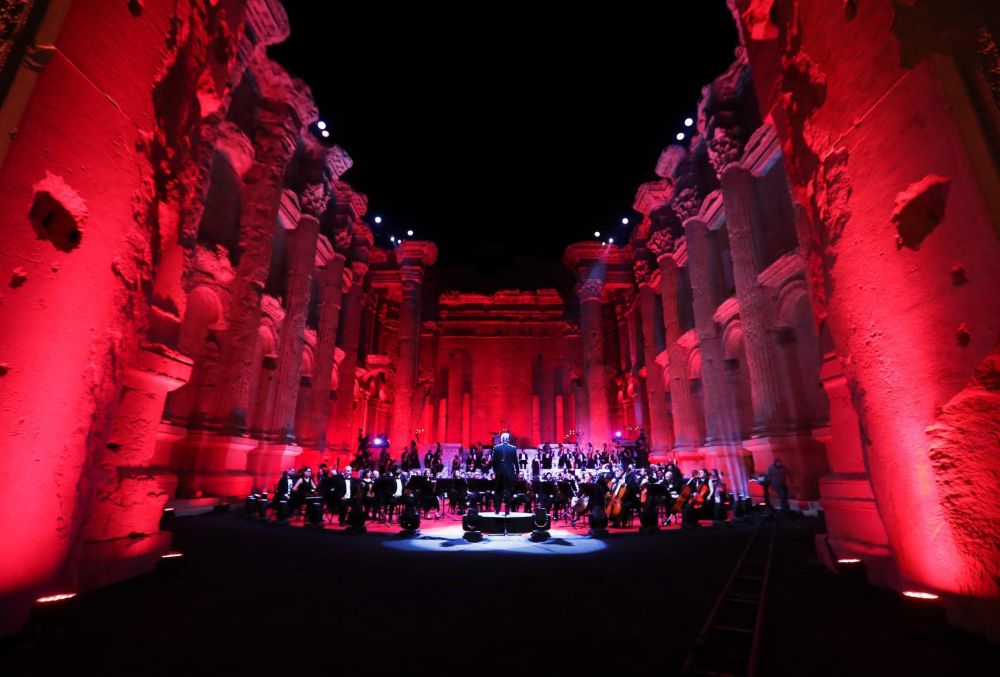

The Baalbek International Festival is a prestigious cultural event that takes place in the city of Baalbek, Lebanon. Established in 1956, the festival has a rich history and is one of the oldest and most significant cultural festivals in the Middle East. It's usually held every summer within the exquisite setting of the Baalbek Roman ruins, which enhances the event's ambiance with its historical grandeur.
Over the decades, the festival has attracted a diverse range of performers from all around the globe, spanning genres from classical music, jazz, and world music to ballet, theater, and modern dance. Despite periods of civil strife in Lebanon, the Baalbek International Festival has persisted, symbolizing the country's commitment to culture and the arts.
The Baalbek Ruins, also known as Heliopolis during the Hellenistic period, are one of Lebanon's most significant archaeological sites and a designated UNESCO World Heritage site. Situated in the Beqaa Valley, they reflect the legacy of various civilizations, including the Phoenicians, Greeks, Romans, and Byzantines. The complex is renowned for its majestic temples dedicated to Jupiter, Bacchus, and Venus. The Temple of Bacchus is particularly well-preserved and stands as a testament to Roman architecture and art.
The ruins are a highlight for tourists visiting Lebanon and are known for their grand scale and the impressive state of preservation. Each year, countless visitors walk through the Great Court and stand in awe of the towering columns and intricate stonework that has withstood the test of time.
Tourism in Lebanon has a storied past, with the country often being referred to as the "Switzerland of the East" during its heyday in the 1960s due to its vibrant cultural life and diverse landscapes. Before the onset of civil strife in 1975, Lebanon was a prime destination for tourists seeking a combination of cosmopolitan lifestyle, rich history, and stunning natural beauty. Visitors flocked to the capital city of Beirut, the historical sites of Baalbek, Byblos, and Tyre, as well as the beautiful beaches and ski resorts.
After a prolonged period of instability, Lebanon has been rebuilding its tourism industry. Today, it's experiencing a resurgence as travellers from around the world return to explore its cultural heritage, cuisine, and natural wonders. While the sector has faced challenges, including political uncertainty and economic fluctuations, Lebanon remains an important cultural and historical hub in the Mediterranean.
Lebanon has been adapting to global tourism trends, including the growing emphasis on experiential and sustainable tourism. Efforts are being made to promote eco-tourism, with an increase in environmental awareness and initiatives that emphasize the conservation of Lebanon's natural resources.
Furthermore, there's a trend towards digitalization in the tourism sector, with improvements in online marketing and social media presence to help reach a broader audience. The country is also witnessing a rise in boutique hotels and culinary tourism, as local food and wine are integral to the Lebanese experience.
Despite setbacks due to regional conflicts and the economic situation, Lebanon's tourism industry is striving for recovery with a focus on enhancing the visitor experience by showcasing the country's unique blend of cultural richness and natural beauty.